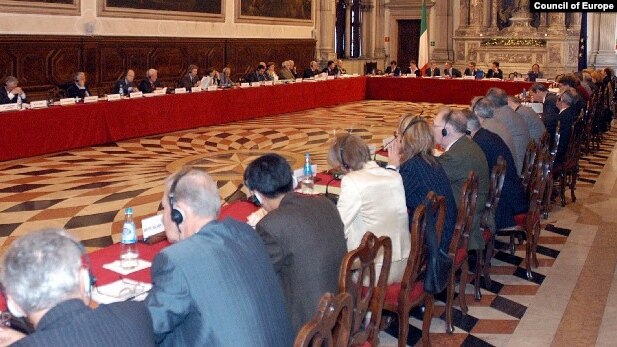
The law tries to regulate almost everything related to the media sector in Azerbaijan, including online media. At the same time, the regulation is aimed at “restricting the activities of the media”, and not “creating conditions that allow the media to fulfill their role as a “guardian of the public interest”. “Many provisions of the law do not meet European standards for freedom of expression and freedom of the media, and therefore the law should not be applied in its current form,” the statement said.
In its recommendations, the Venice Commission urges the Azerbaijani authorities to lift excessive restrictions, including foreign media funding. The VC also considers it necessary to abolish the Media Register, or cancel excessively strict conditions for including media representatives in this database. We are talking about such conditions as personal information, requirements for education, an employment contract, no criminal record, work experience as journalists, etc.
It is also proposed to abolish the accreditation scheme for journalists provided for in the law. In addition, it is proposed to amend the Law so that content restrictions are in line with the case law of the European Court of Justice on the protection of freedom of speech. In particular, so that the court can require disclosure of the source of the information if all reasonable measures have been exhausted.
It is also proposed that platform operators should not be licensed but registered. In addition, the Venice Commission considers it necessary to exclude the application of the law outside the country. It is proposed to remove the requirement for journalists and the media to obtain prior permission to publish information about criminal investigations.
Amendments are also needed to the Articles 7-9 of the Law regarding the restriction of expression of opinion during a state of emergency and martial law, as well as during anti-terrorist operations.
The categorical ban on the use of secret audio and video recordings and photographs without the consent of the person concerned or a court order should also be replaced. It is proposed to allow such use in cases where there is a clear public interest, provided that the rights of third parties are protected.
Finally, the current institutional model of the Press Council needs to be reviewed in line with European standards to ensure its ability to act as an independent regulatory body.
Turan

